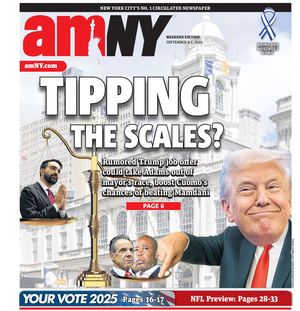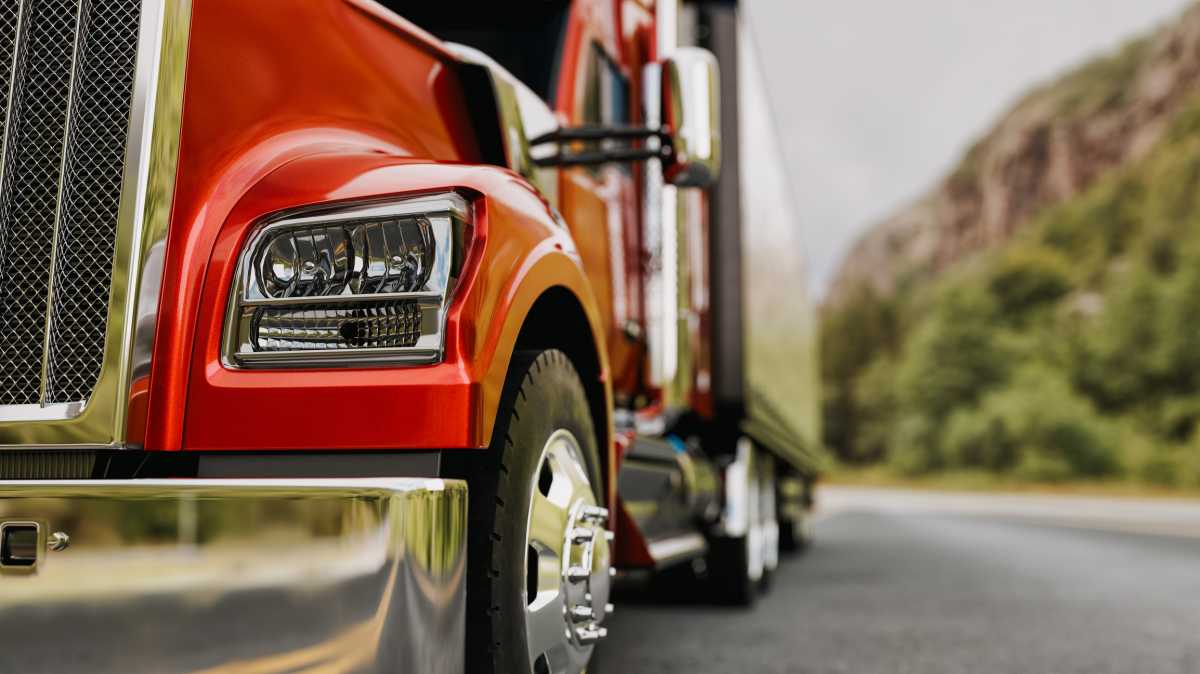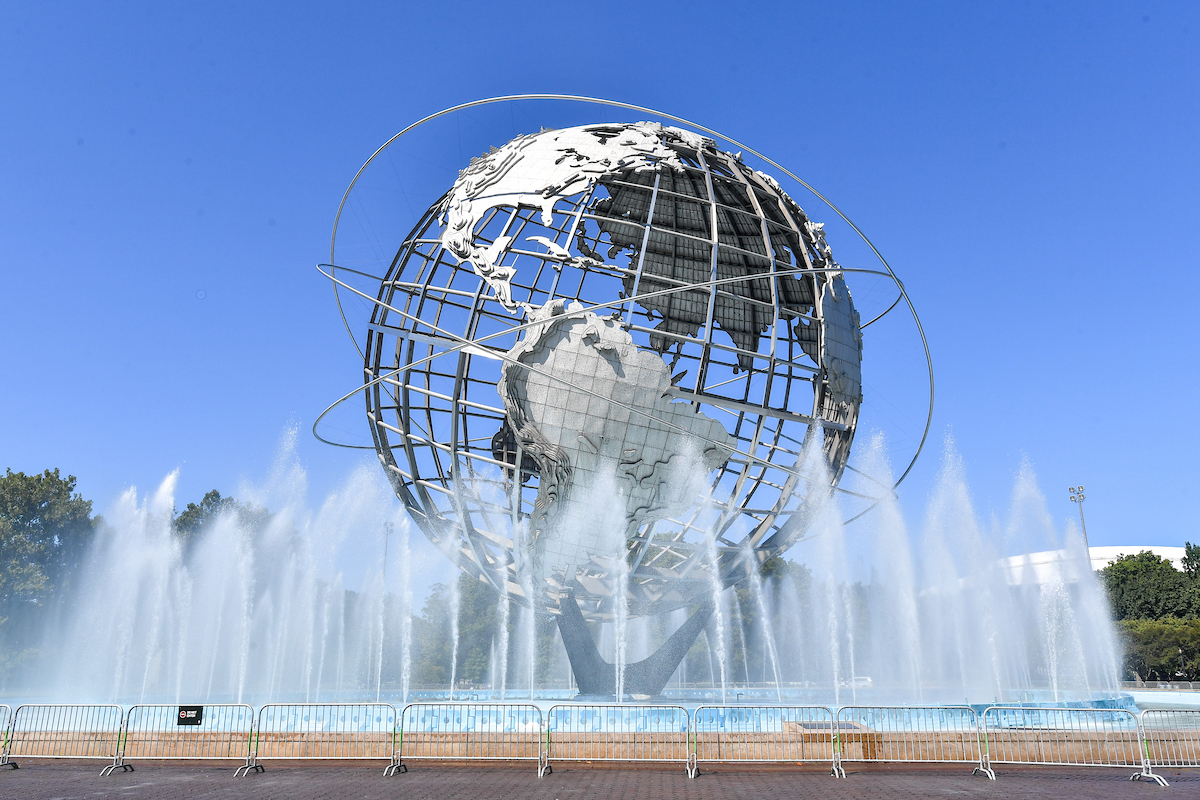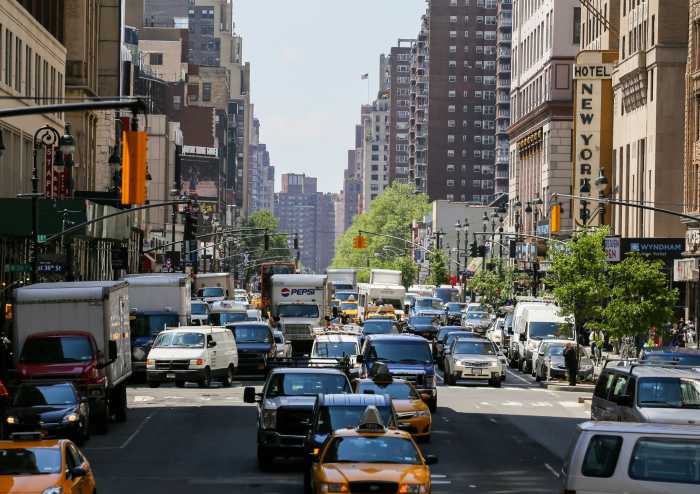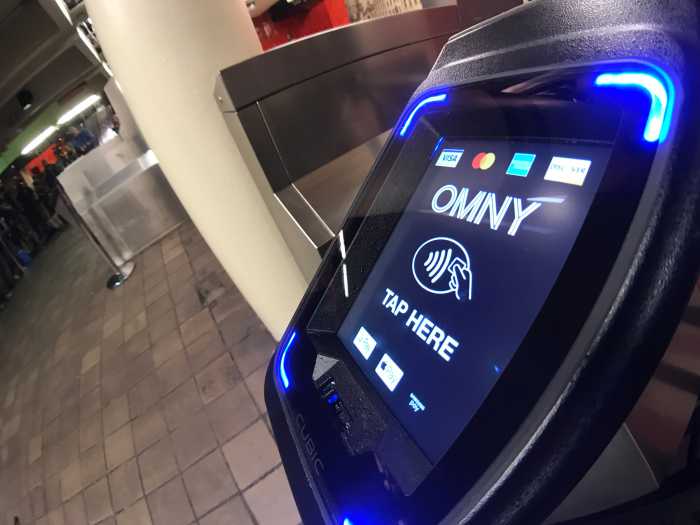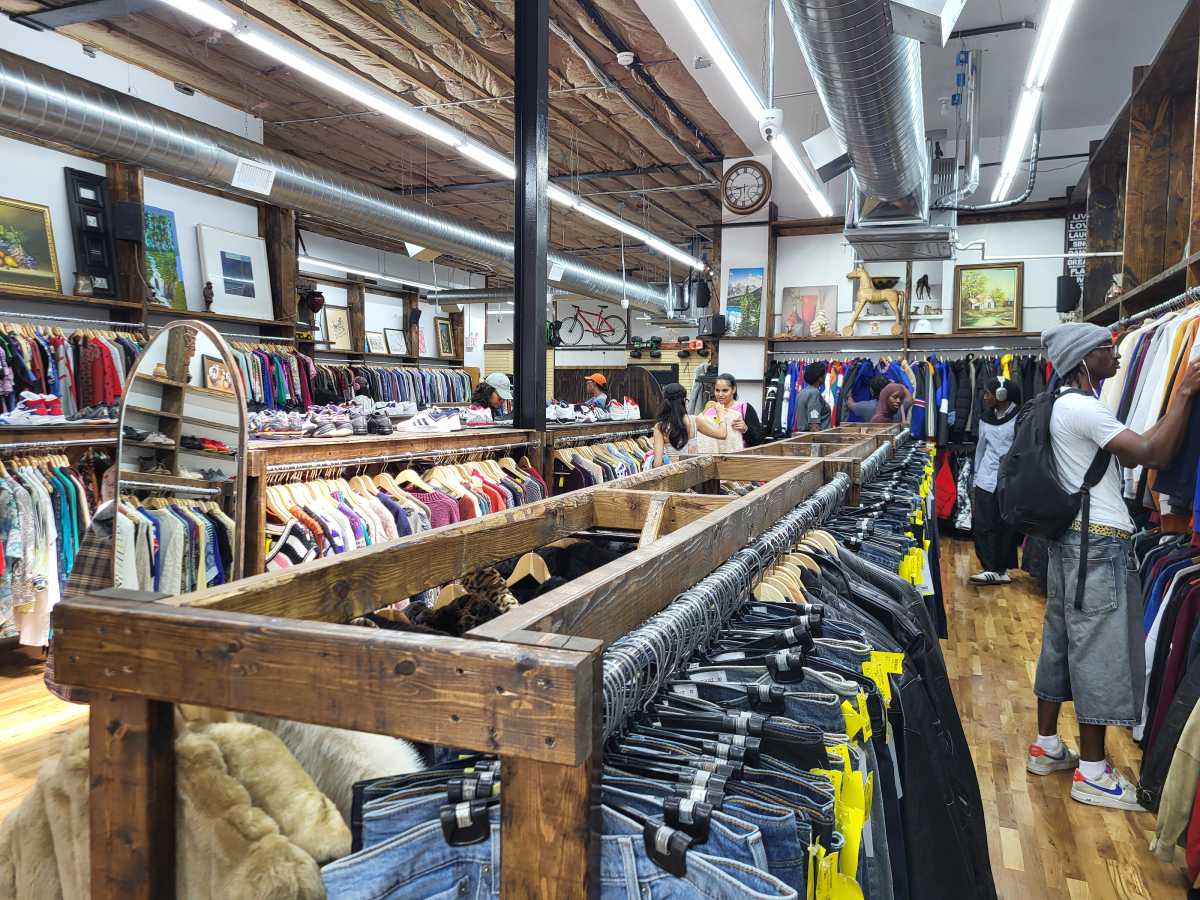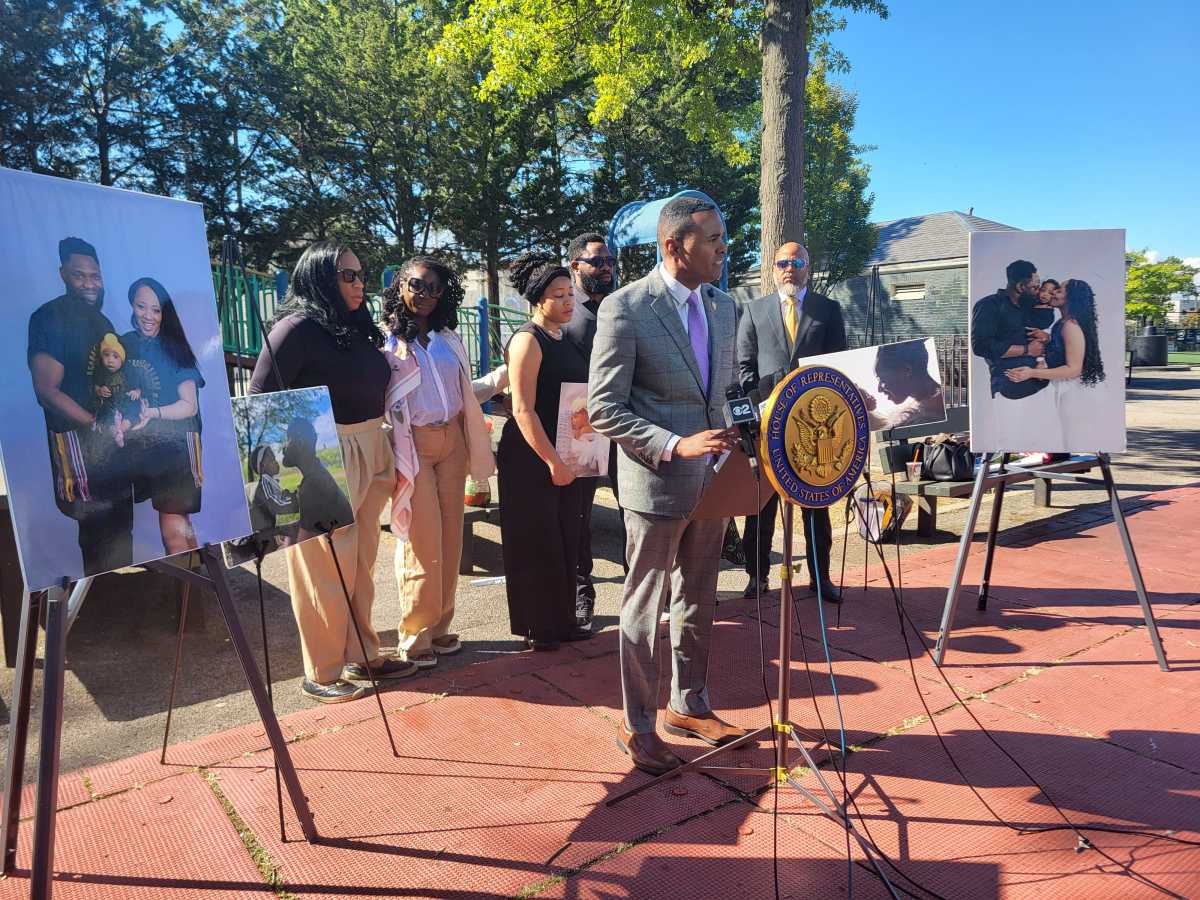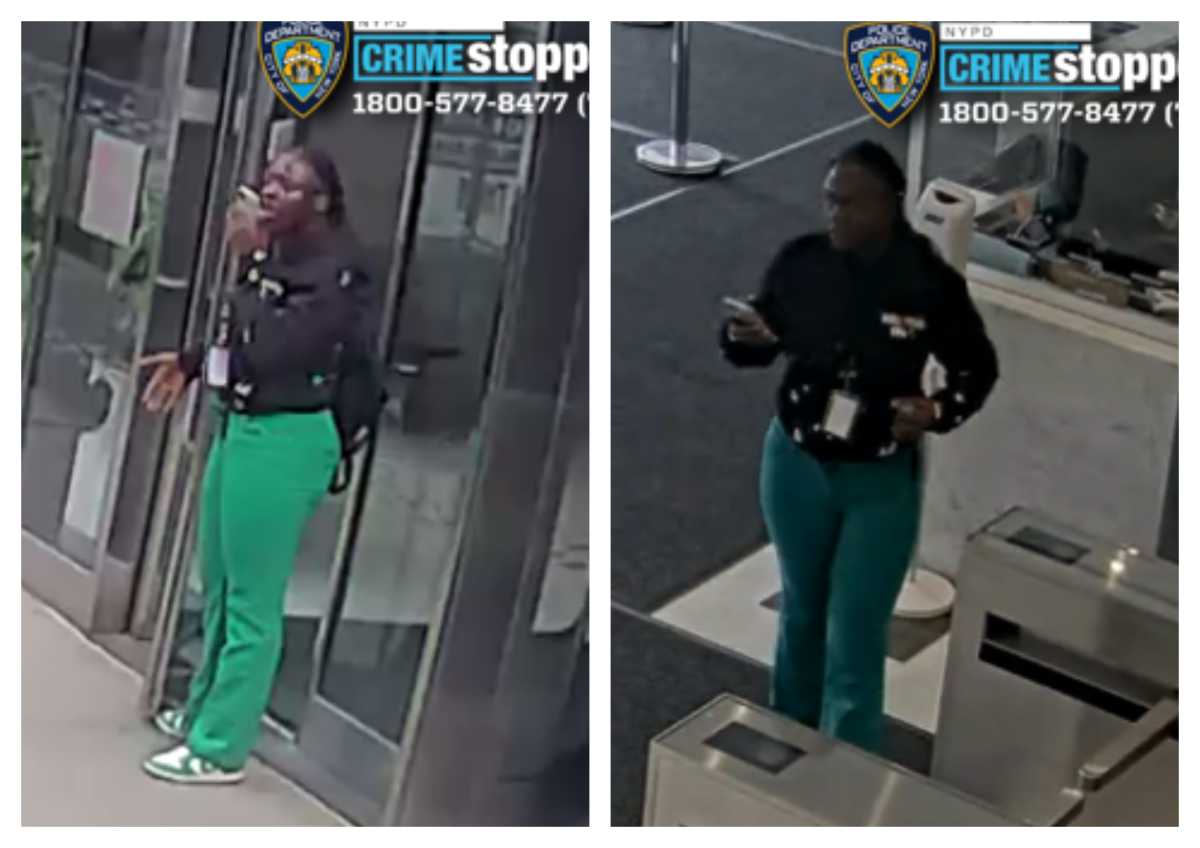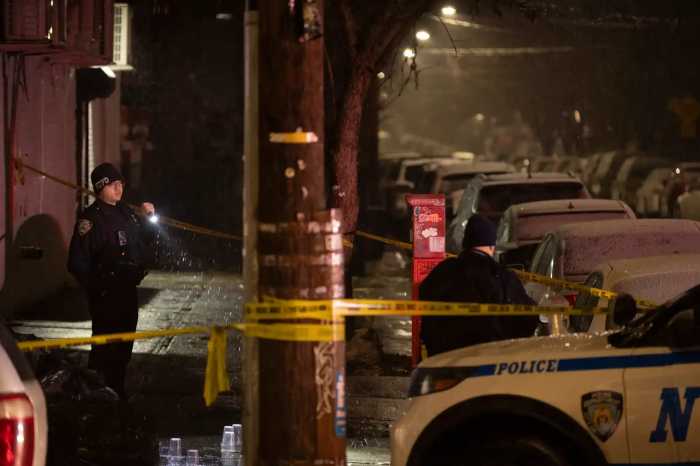Clean air matters—to all of us. The trucking industry knows this deeply. After all, we live in the same communities we drive through and serve. And for professional drivers, the air quality inside and outside the cab directly impacts their health and safety every single day. That’s why our industry has long supported reasonable efforts by the government to examine air quality and understand what’s impacting it—and how we can improve it.
The idea behind the Citizens Air Complaint Program had merit. Civic engagement and public input are vital. The Trucking Association of New York (TANY) supports policies that involve communities in shaping a healthier future. But good intentions don’t always result in good policy. The program, aimed at reducing emissions, allows citizens to submit video evidence of trucks that appear to be idling longer than the law allows. But that appearance can be misleading. Many modern trucks, including those using zero- and near-zero emission technologies, may be waiting to enter a commercial loading zone or avoid blocking traffic. They may be operating a lift gate, a processing device, or a refrigerated unit. Without any understanding of logistics, clean idle or alternative fuel exemptions, or loading protocols, even a legal or exempt vehicle can become the target of a complaint.
And when financial incentives are added, the program turns predatory. Citizens receive 25% of every fine they issue. This has created a cottage industry of “idling bounty hunters” who film trucks for profit—regardless of context, safety, or fairness. Our members have seen citizens stake out their terminals, sneak onto construction sites, and follow vehicles. Drivers have been penalized for staying safe in air-conditioned cabs during sweltering 100-degree days or for running their heat during the freezing days of winter. This program is no longer about sustainability, it’s about revenue. Many citizens proudly brag about the fact they are making over 6-figures annually by writing idling tickets. The funds come from the very businesses that keep New York stocked with food, medicine, and necessities. And it should be noted that the City’s own idling enforcement agents only make around $49,000 annually. Clearly the program has gone awry when citizens are now making more money than the City’s own employees for doing essentially the same thing.
And what most people do not understand about the program is that due process is lacking. Complaints often arrive nine months after the fact, with hearings possibly nine months later than that—by then, drivers may be gone, details lost, or customers out of business. Eighteen months is a totally unreasonable timeline for adjudication.
Evidence access is unreliable. Videos aren’t routinely provided, and when requested, links may expire in days. To the Department of Environmental Protection’s credit, they have acknowledged this issue and have since launched a video portal, but it will take time for all the video files to be properly uploaded.
Furthermore, unlike other city enforcement programs, there’s no way to transfer liability—unfairly penalizing companies that lease trucks to other companies and have no control over the actions of the drivers as they are not their own employees. Understand that in these situations, there is no opportunity to determine whether the idling was justified—or, if it wasn’t, to take corrective action to address the behavior.
And let us be clear, this is not the 1980s, it would take sixty trucks today to produce the same emissions as one truck back then. Thanks to massive improvements in engine and emission technology, as well as transformative incentive programs such as the NYC Clean Trucks Program, and strong NYC procurement rules which have helped modernize fleets, the majority of trucks on our streets are the cleanest available on the market. That driver you see on a hot day is more likely to be operating a clean idle vehicle—not polluting the air but providing essential services in difficult conditions. When giving citizens power, they must also have all the facts.
The trucking industry is essential to New York City, and while we support reasonable enforcement against unnecessary idling, we cannot accept a system that treats us unfairly while ignoring the realities of the work we do and the environmental strides that we’ve made.
